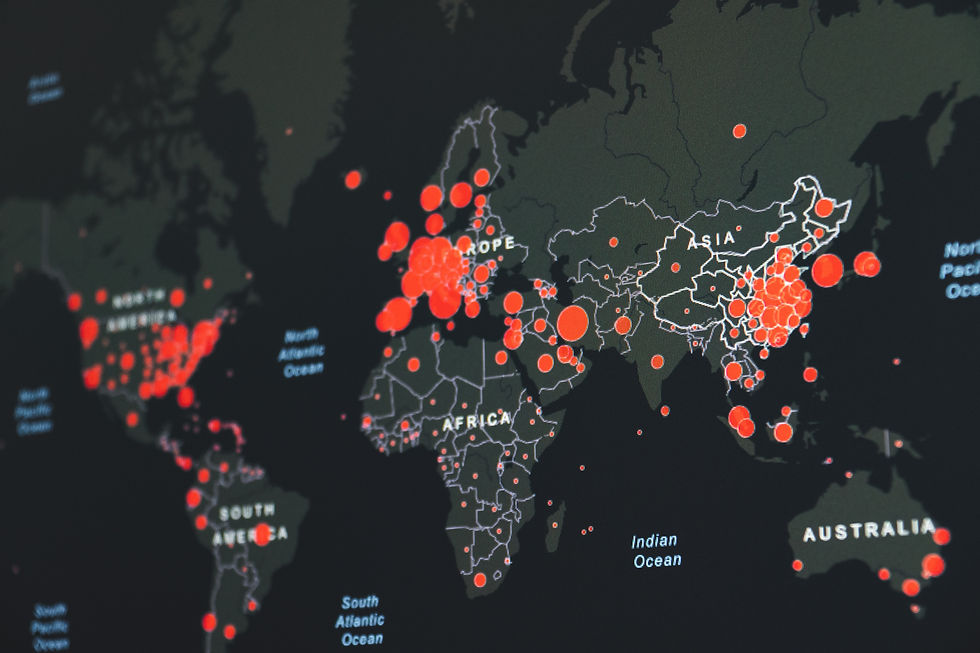
Viral Epidemic
We integrate information theory concepts with the biological systems to explore the dynamic behaviour of the system
A pandemic is an epidemic of an infectious illness that has spread throughout a vast region, such as several continents or the entire world, affecting a sizable number of people. The word pandemic is derived from the Greek words pan, meaning "all," and demos, meaning "local people," the "crowd." A pandemic is not a broad endemic illness with a stable affected population. Widespread endemic diseases with a steady population of sick people, such as seasonal influenza recurrences, are typically omitted since they occur concurrently in numerous parts of the world rather than being transmitted globally. There have been several pandemics of illnesses like smallpox throughout human history.
The Black Death, often known as The Plague, which claimed the lives of between 75 and 200 million people in the 14th century, was the deadliest pandemic in recorded history. Although it wasn't in use at the time, the phrase was later applied to epidemics, particularly the Spanish flu pandemic of 1918. Recent pandemics include those for tuberculosis, HIV/AIDS, COVID-19, Russian flu, Spanish flu, Asian flu, cholera, and Hong Kong flu.
We apply computational investigation to explore the genomic and protein sequences of the viral species to uncover the transmission dynamics of the virus. If you are interested in exploring and building predictive models for viral transmission then connect with us.
Power in Numbers
2
Programs
5
Locations
14
Students
Project Gallery



